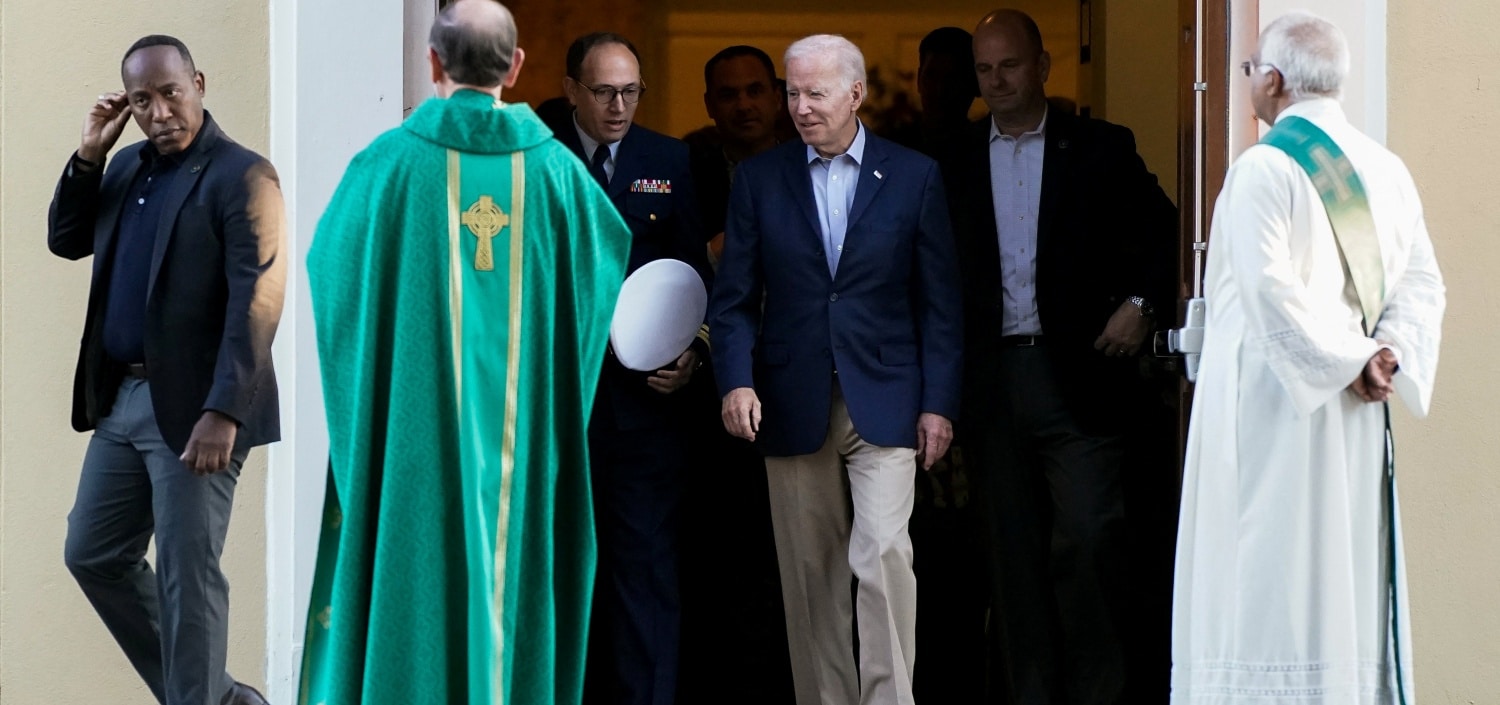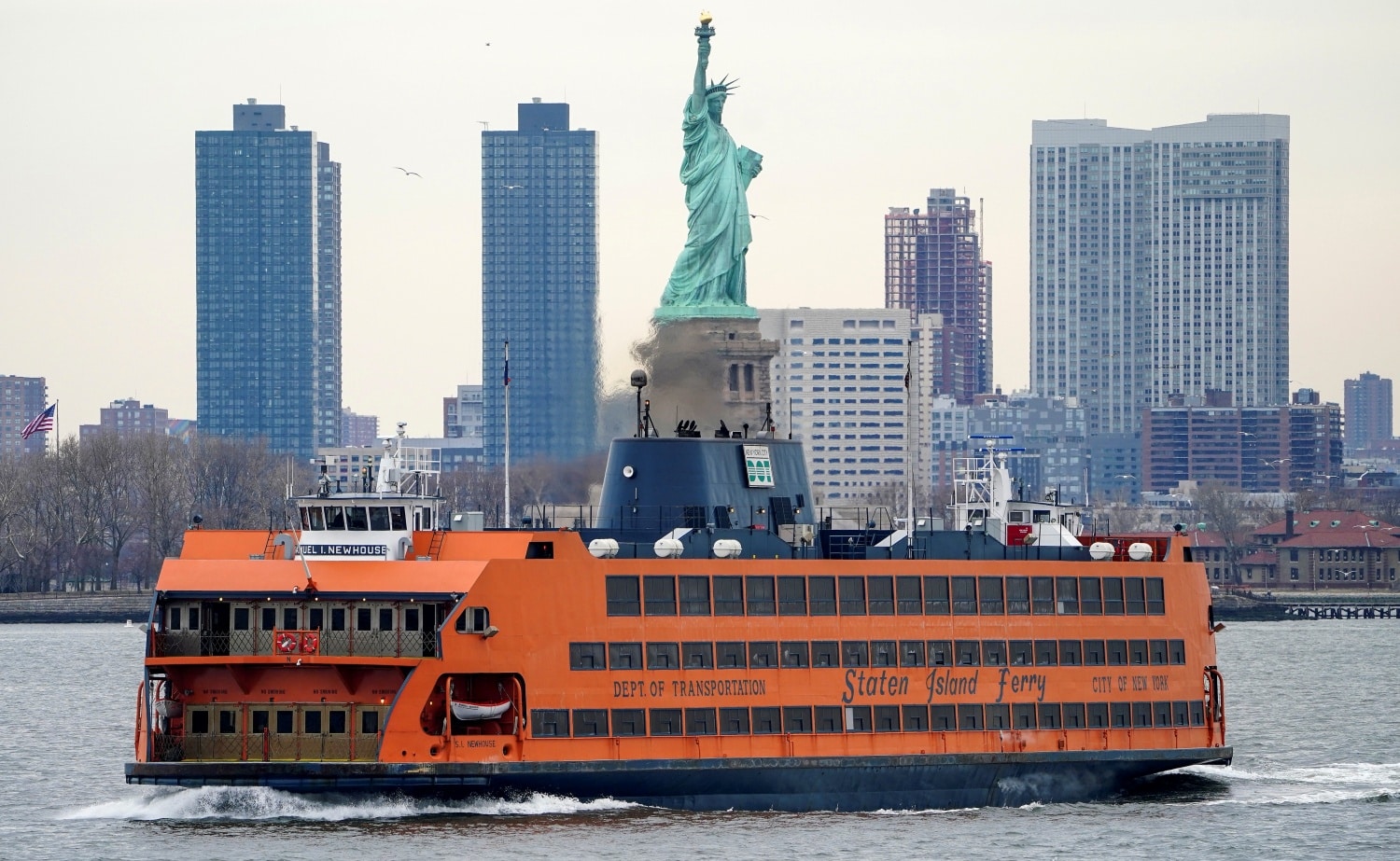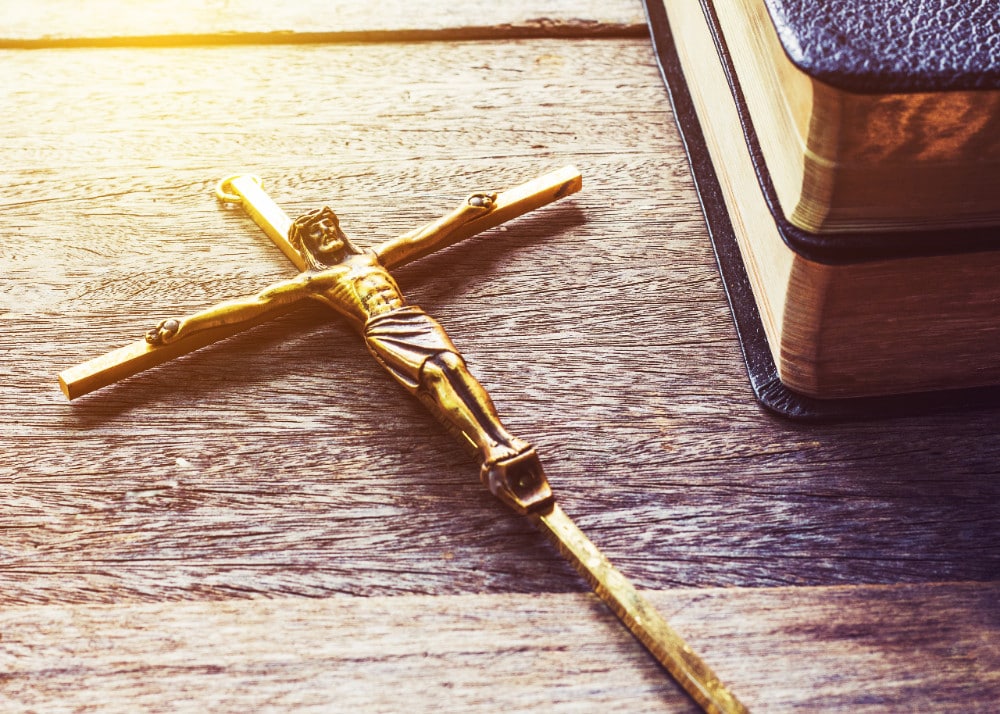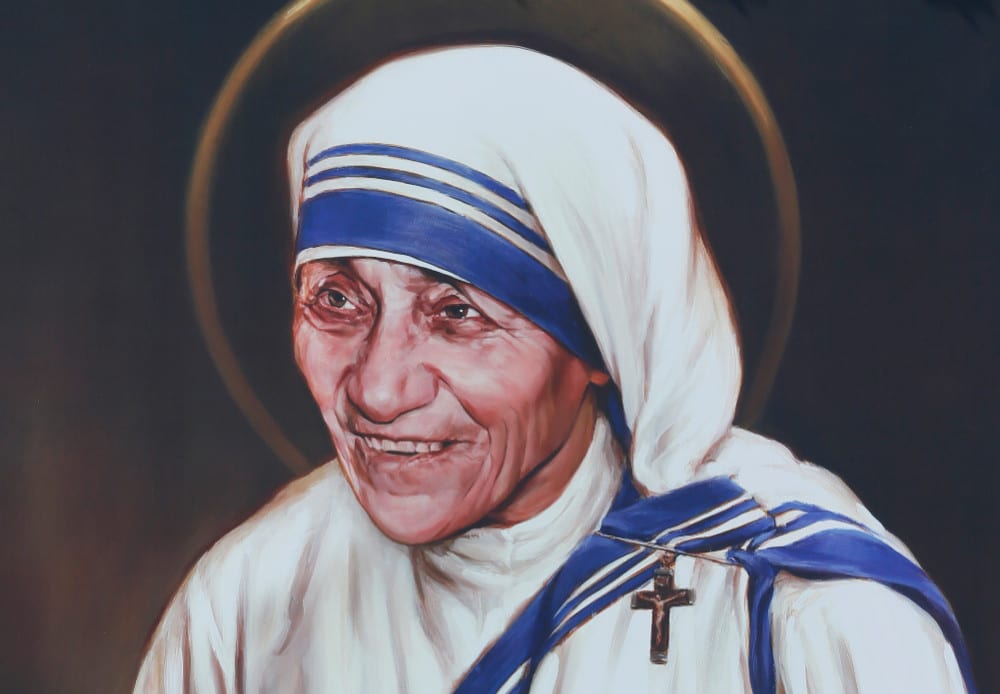 Question: I am writing in response to and requesting an update from you on the Our Sunday Visitor article published two years ago, “Should pro-abortion politicians be excommunicated?” You concluded that there was a need for bishops to issue comprehensive teaching on the worthy reception of holy Communion and enforce it. It’s been two years, and what has changed? What action has the U.S. Conference of Catholic Bishops taken? There was a decision by the archbishop of San Francisco to refuse Communion to Nancy Pelosi, and another bishop has refused President Joe Biden. But other bishops are allowing them to receive Communion and the sacraments. Why hasn’t the USCCB, the cardinals and the Holy Father issued written corrections to these political leaders to clearly state that they are not to approach Communion? They support the killing of innocent babies and the harming of women. Yet, these political leaders, pushing for abortions to be provided, can freely say publicly that they are Catholic, enter a Catholic church and receive the sacraments? Where is the justice?
Question: I am writing in response to and requesting an update from you on the Our Sunday Visitor article published two years ago, “Should pro-abortion politicians be excommunicated?” You concluded that there was a need for bishops to issue comprehensive teaching on the worthy reception of holy Communion and enforce it. It’s been two years, and what has changed? What action has the U.S. Conference of Catholic Bishops taken? There was a decision by the archbishop of San Francisco to refuse Communion to Nancy Pelosi, and another bishop has refused President Joe Biden. But other bishops are allowing them to receive Communion and the sacraments. Why hasn’t the USCCB, the cardinals and the Holy Father issued written corrections to these political leaders to clearly state that they are not to approach Communion? They support the killing of innocent babies and the harming of women. Yet, these political leaders, pushing for abortions to be provided, can freely say publicly that they are Catholic, enter a Catholic church and receive the sacraments? Where is the justice?
— William White, via email
Answer: The teaching document, entitled “The Mystery of the Eucharist in the Life of the Church,” was issued in November 2021 and addresses your proper concerns as follows:
“St. Paul warns us that whoever eats the bread or drinks the cup of the Lord unworthily will have to answer for the body: A person should examine himself, and so eat the bread and drink the cup. For anyone who eats and drinks without discerning the body, eats and drinks judgment on himself (1 Cor 11:27-29). To receive the body and blood of Christ while in a state of mortal sin represents a contradiction … both claiming and rejecting communion at the same time. It is thus a counter sign, a lie — it claims a communion that, in fact, has been broken.
“We also need to keep in mind that ‘the celebration of the Eucharist presupposes that communion already exists. … This includes Communion … in the teaching of the Apostles, in the sacraments and in the Church’s hierarchical order.’ … If a Catholic in his or her personal or professional life were knowingly and obstinately to reject the defined doctrines of the Church, or knowingly and obstinately to repudiate her definitive teaching on moral issues, he or she would seriously diminish his or her communion with the Church. Communion in such a situation would not accord with the nature of the Eucharistic celebration, so that he or she should refrain. Reception of holy Communion in such a situation is also likely to cause scandal for others, weakening their resolve to be faithful to the demands of the Gospel. … The Code of Canon Law … states that those who ‘obstinately persist in manifest grave sin’ are not to be admitted to Eucharistic communion. It is the special responsibility of the diocesan bishop to work to remedy situations that involve public actions at variance with the visible communion of the Church and the moral law” (Nos. 47-50).
Hence, the teaching of the USCCB, as a group, is clear. A huge majority of the bishops voted to approve the document — 222 in favor, eight against, with three abstentions. Some bishops, as you note, have moved to apply this teaching or support those who have, but most have not, at least not in some public way. There is understandable disappointment among the faithful regarding this. Public figures who strongly oppose Church teaching on abortion, transgenderism, same sex “marriage,” physician-assisted suicide, etc., go uncorrected. This is even the case when they vigorously advocate for such views and seek to legislate so as to promote and provide for these deeply sinful and dissenting views.
So bishops may be studying the best way to approach these situations; some may be acting privately. Others see the matter as too political and, therefore, imprudent to enforce the teaching. Still others, including the pope, say they have never refused to give Communion and are opposed to denying holy Communion to anyone in principle. While I cannot speak to every situation, the USCCB document teaches correctly and in accord with the Tradition. But the USCCB doesn’t run dioceses, individual bishops do. Each of them faces a unique situation, but it is still to be hoped that they will apply the document more universally, especially as we approach the nationwide Eucharistic Congress in July 2024. Meanwhile, keep speaking and writing of this matter to your bishops and priests. The salvation of souls is an essential concern closely tied to the worthy reception of holy Communion.
Msgr. Charles Pope is the pastor of Holy Comforter-St. Cyprian in Washington, D.C., and writes for the Archdiocese of Washington, D.C. at blog.adw.org. Send questions to msgrpope@osv.com.







